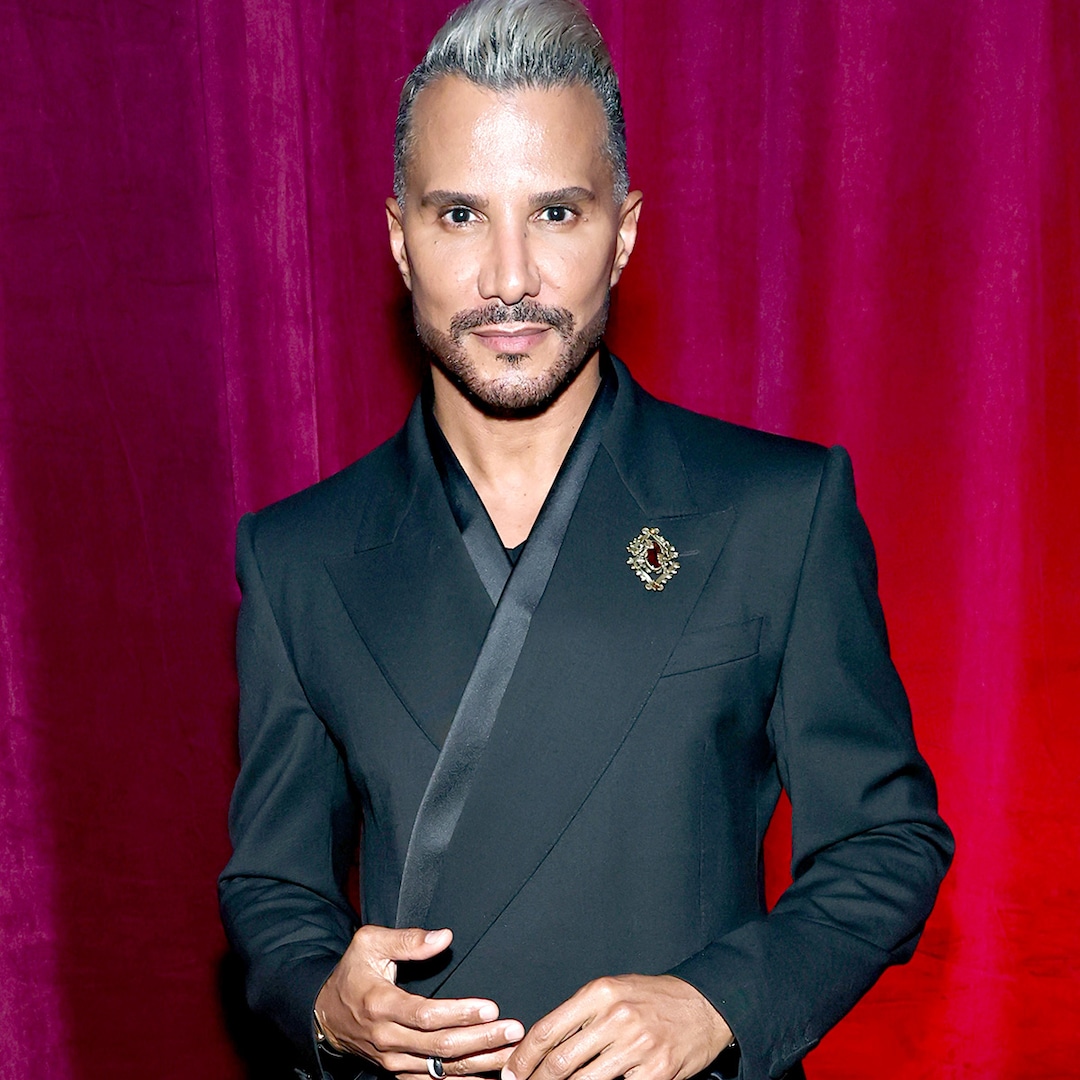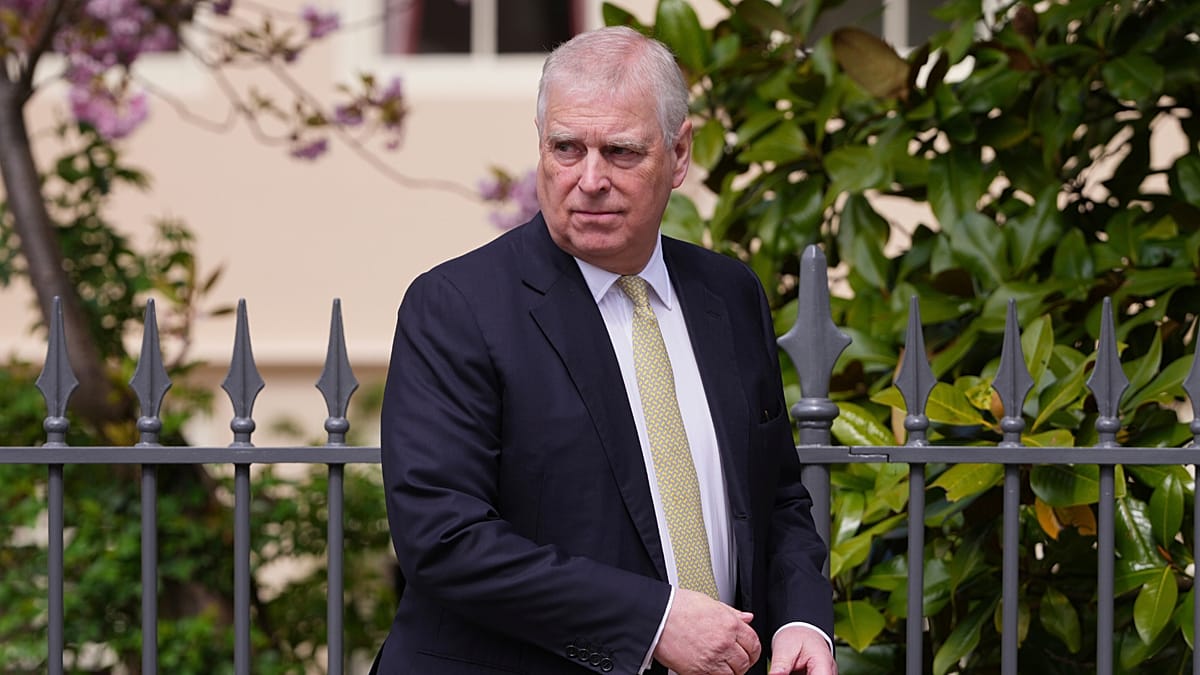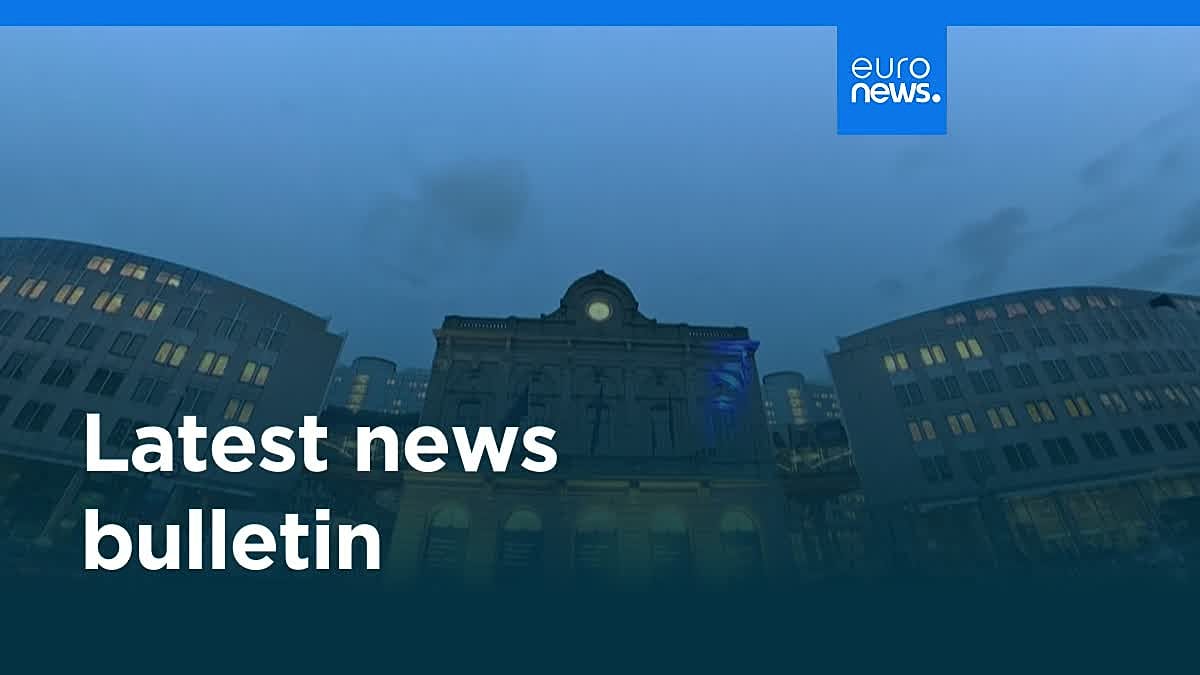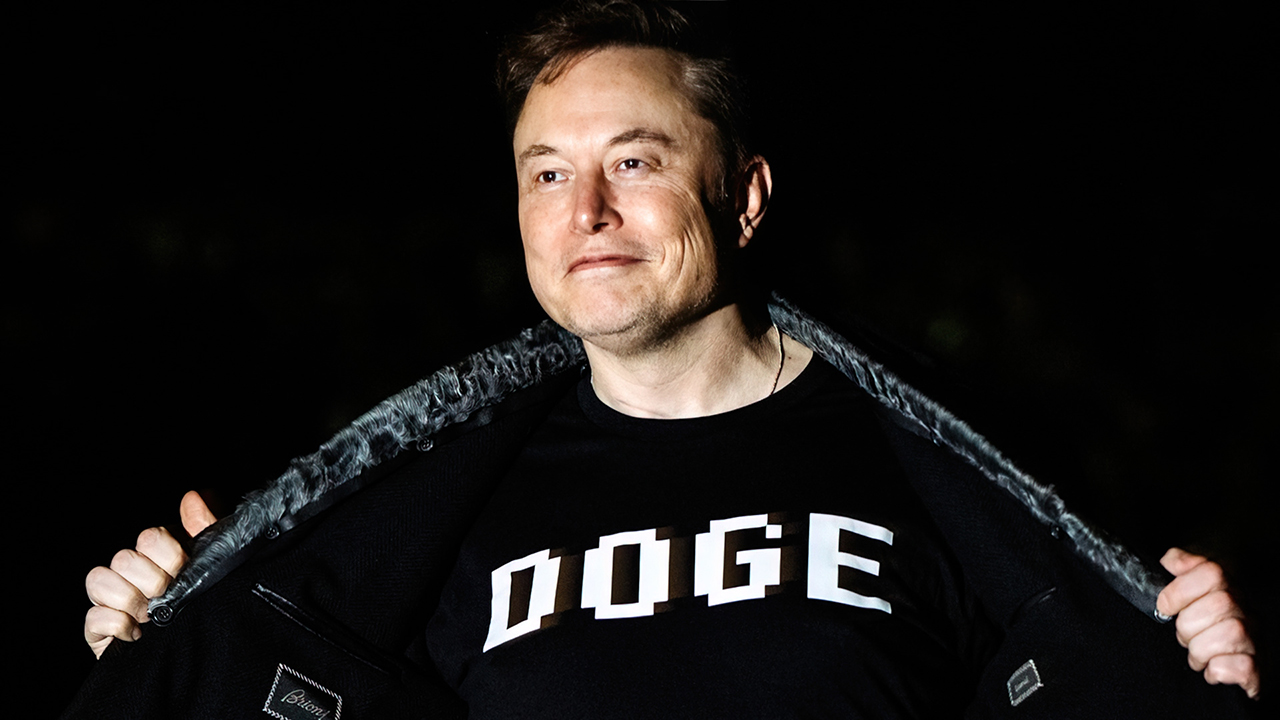Beyond Personal Gain: The Broader Purpose of Education

By Vazgen Gevorkyan
Education is most often considered from the self perspective only.
Indeed, a college degree can unlock doors. It can be a passport to financial stability, professional success, and greater opportunity. But if education is merely a stepping stone to career advancement or social standing, it is reduced in its higher value.
Education for status alone is limiting. It downplays the application of knowledge as a tool for the advancement of a collective, rather than for personal gain.
I honestly think that taking your education to a higher level has to be about increasing knowledge and, more significantly, increasing understanding.
True learning does not accrue to what we know, but rather, enlarges how we think. It connects disciplines, cultures, and communities. It has to make us better contributors to society, to solutions of common issues, and to the progress that transcends the self.
I have also found education most valuable in my life when it sparks a passion for contribution. When I was learning economics and then finance, I did not care to know about the mechanics of a profit, but how financial systems could reach more people.
It’s this conviction that has led me into a vocation of financial inclusion – helping to develop banking models that reached into the lives of those who were previously beyond the reach of formal finance. It began as intellectual curiosity but became a mission to open up access and build trust.
It was a reminder that knowledge is only valuable if applied to create solutions to real problems. Theory learned in a classroom is made real by the challenge of applying it to the complexities of human need.
It is the same philosophy that later led us to invest in vocational education and training in all of the communities we serve. We found that empowering individuals with practical skills, and not degrees, finds its effects echoing far beyond any single enterprise.
On the other hand, when education is pursued only as a means to personal success, cultures lose their shared sense of aspiration. We see this now in the widening gulf between those who can go on to elite education and those who cannot. The result is not just inequality, but also isolation – a rending of the very social fabric education was meant to hold together.
Learning cannot be imagined in terms of an accumulation, but rather in the form of contribution. One’s learning cannot cease the instant he or she receives a diploma. It has to keep on developing, shaped by new inquiries and driven by the desire to contribute more than one.
This is what I took to business. In our own companies, we initiated leadership development programs that were not interested in the management skill set only, but in moral reasoning and social impact. We never tried to create effective managers, but thoughtful leaders – people who understand that knowledge entails obligation.
The private sector has a role to play as well. Those companies that educate as part of their corporate social responsibility create a cycle of self-improvement. European firms that invest in local training programs, technical schools, and cooperative research are not merely making their firms more competitive. They are investing in civic capital. They understand an educated society is the path to stability and innovation in the long term.
Learning, if it is done with purpose, is an act of leadership. It creates empathy, adaptability, and moral courage. These are precisely the competencies needed in a time of change. My experience is that the most effective teams are not made up of individuals with the most glittering résumés but of individuals who are still curious. Individuals who see their work as an opportunity to learn more, to listen, to connect.
The goal of education is never to stand over people, but to stand alongside them.
Finally, it is not so much how much we learn but what we do with what we learn that matters. Education must be more than an escalator. Learning must be a bridge – a bridge between one’s aspiration and the public good.
For if learning is for purposes other than individual, then it is for humanity.
Vazgen Gevorkyan
Vazgen Gevorkyan is a distinguished industrialist, visionary financier, and pioneering technologist, known for his unique intersection of real-world asset development, financial innovation, and technological transformation. He has shaped industries across infrastructure, banking, real estate, and hospitality, building a global reputation as a builder across asset-heavy and asset-light industries, from manufacturing to full-scale service models.
The post Beyond Personal Gain: The Broader Purpose of Education appeared first on EU Business News.















































